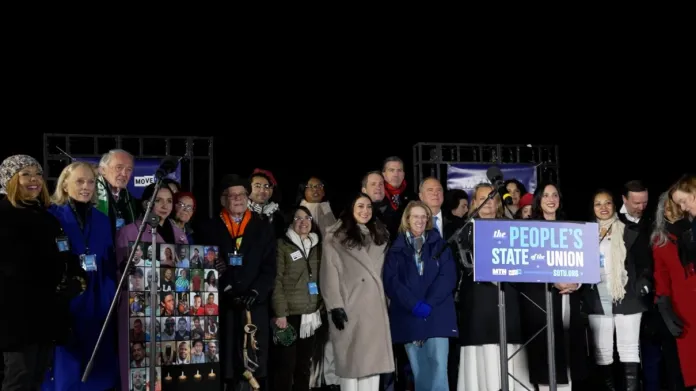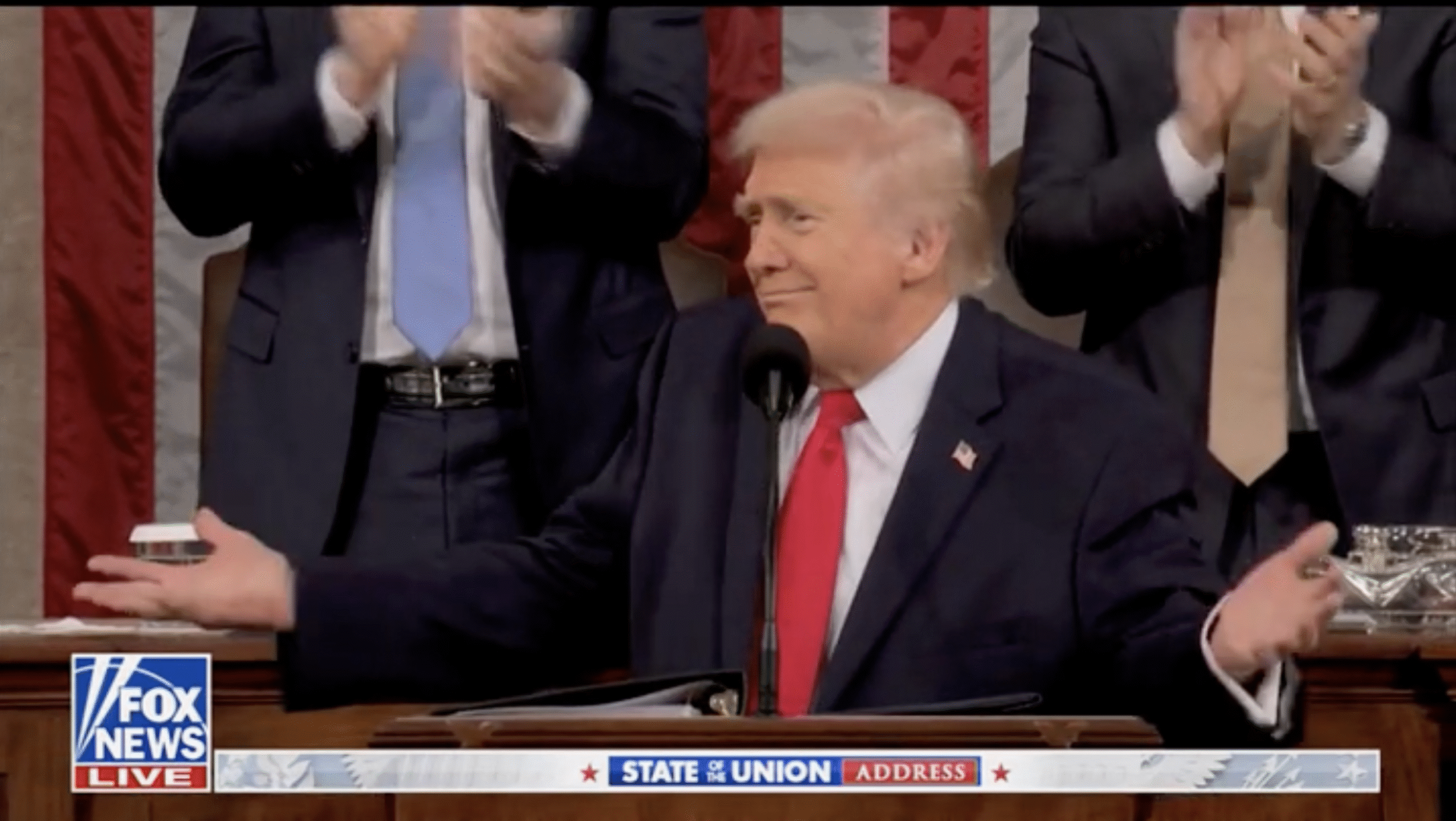Only 36% Of Democrats Are Proud To Be American
A recent Gallup poll revealed a significant decline in American pride among Democrats,with only 36 percent expressing pride in being American,a stark drop from 87 percent in 2001. In contrast, at least 84 percent of Republicans have consistently identified as proud Americans over the past two decades. The survey indicates that the sentiment of pride among Democrats is closely linked to which party holds the presidency, with notable decreases in pride during the Trump administrations.
Additionally, the younger generations within both parties exhibit less pride in their American identity compared to older generations. The drop in pride among Democrats is marked, falling dramatically from 80 percent to 36 percent within ten years, a trend that reflects broader cultural shifts where popular and academic narratives increasingly challenge national pride.
The article points to the influence of popular culture and academic institutions in fostering anti-american sentiments, which may contribute to the declining pride among Democrats. This ideological division poses challenges for political discourse, as one party expresses a growing disconnection from customary patriotic sentiment, while the other remains largely unaffected. The situation underscores significant partisan divides in attitudes toward American identity and pride.
A Gallup poll revealed Monday that only 36 percent of Democrats say they are proud to be an American, down from 87 percent in 2001. Meanwhile, at least 84 percent of Republicans have identified themselves as proud Americans throughout the last 24 years.
According to the poll conducted in early June, 87 percent of Democrats in 2001 identified as “extremely” or “very” proud to be American, compared to 36 percent in 2025. Meanwhile, 92 percent of Republican respondents said they were proud to be American, an increase from 90 percent in 2001.
A respondent is identified as a “proud” American if they report being either “extremely” or “very” proud to be American, as opposed to “moderately,” “only a little,” or “not at all.” “Proud” answers were the norm for Americans before the most recent decade and remained consistently high across the political spectrum from 2005-2015, ranging from 81 percent to 85 percent. However, the first significant nosedive was seen in 2017, when only 75 percent of respondents said they were proud as opposed to 81 percent the previous year. Enthusiasm has continued to fall since then. In 2025, American pride among respondents sits at a record low of 58 percent. Most of the variation is found in the answers of Democrats and Independents.
Democrat respondents’ pride appeared to be more affected by which party held the White House, a factor which may play a role in the recent plunge. The first and second Trump administrations coincide with both major dips in Democrat patriotism. In response to these statistics, Brad Smith, law professor at Capital University Law School, suggested in a post on X that Democrats’ pride hinges more in their success as a party than consistent loyalty to the nation as a whole.
Notice that Republican pride has not fallen below 84% in that time. It’s low under Obama was 89% in 2016. Pride Amongst Democrats seems much more dependent on the party in power, dropping 26 points in the last year. Republicans appear to be proud of the country, while many…
— Brad Smith (@CommishSmith) June 30, 2025
Another notable distinction can be seen generationally. Even among Republicans, younger people expressed consistently less pride in being American than the generations prior. While 77% of Democrats and 92% of Republicans among the Greatest and Silent Generations responded that they were proud to be American from 2016-2025, only 24% and 65% of Democrats and Republicans, respectively, in Generation Z responded likewise.
While Democrat respondents’ pride in being American has consistently been lower than Republicans’, the severe plunge from 80% to 36% in a ten-year span is novel and striking. This shift in sentiment is manifesting culturally as well. Over the past several years, popular culture has repeatedly downplayed and undermined national pride, instead advertising a critical stance.
The New York Times published an article in 2023 with the headline, “No More Sparklers for These Folks,” anecdotally listing the downsides of celebrating the Fourth of July both ideologically and practically. A related sentiment is echoed in the Reader’s Digest article, “I’m a Black American — Here’s Why I’m Not Celebrating the Fourth of July,” published in 2024. Similarly, elite academic institutions have increasingly promoted anti-American rhetoric in their teaching and literature, such as Harvard Gazette’s article, “Why America Can’t Escape it’s Racist Roots.”
Not only has popular culture and academia betrayed patriotic sentiment; the Democrat platform has joined these institutions in anti-Americanism, advocating open borders, critical race theory, gender ideology, and socialist policies. It is not surprising that between mainstream culture and their own party’s platform, their constituents lack pride in being American.
Whether this sharp decrease in patriotism is the result or the cause of popular culture, it warns of yet another unyielding ideological division along partisan lines. It is worth noting when significant portions of one party reject being proud to be American in the span of one decade, while another remains completely unaffected by the shift in sentiment. This harsh divide will inevitably have difficult ramifications on political discourse.
Ariel McDowell is a correspondent for The Federalist. She is studying Rhetoric and Media at Hillsdale College and is Assistant News Director at Radio Free Hillsdale 101.7 FM.
" Conservative News Daily does not always share or support the views and opinions expressed here; they are just those of the writer."




